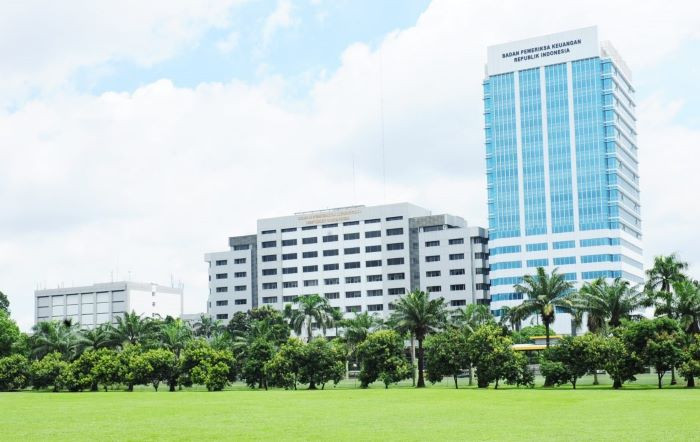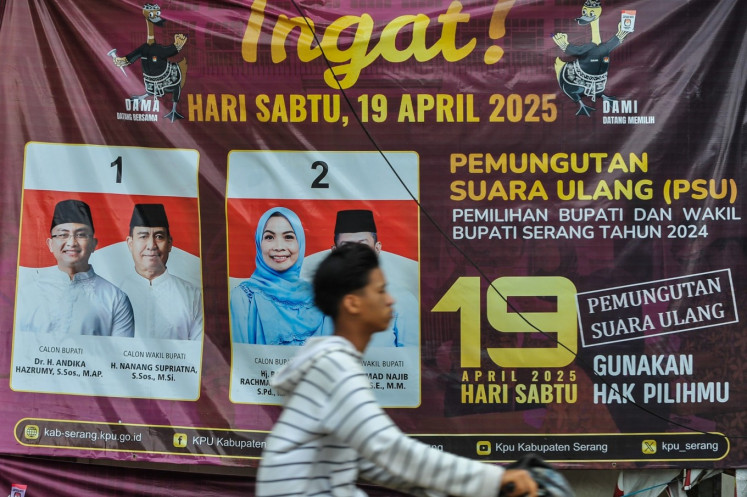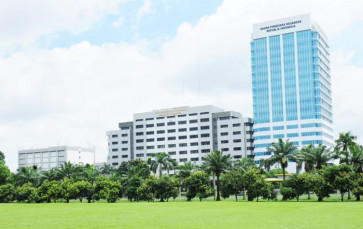Popular Reads
Top Results
Can't find what you're looking for?
View all search resultsPopular Reads
Top Results
Can't find what you're looking for?
View all search resultsBPK needs robust oversight authority in procurement process
The US Government Accountability Office's quasi-judicial authority offers a more independent and objective dispute resolution mechanism than Indonesia’s internal government objection process.
Change text size
Gift Premium Articles
to Anyone
T
he House of Representatives has announced 75 candidates for new members of the Supreme Audit Board (BPK) who will undergo an interview as part of the selection process.
The House’s authority to choose BPK members is based on Law No. 15/2006, specifically Article 14, which mandates that BPK members shall be elected by the House with consideration from the Regional Representative Council (DPD). This law, enacted on Oct. 30, 2006, has not been amended despite the 11 judicial review motions filed with the Constitutional Court. Out of these, eight were rejected, two were dismissed, and one was granted. The granted petition concerned the constitutionality of the phrase “interim replacement” in Article 22.
Thus, the provisions of Law No. 15/2006 have been in effect for over 17 years, governing the duties and powers of the BPK.
The primary function of the BPK is to audit the management and accountability of state finances carried out by the government, state institutions, Bank Indonesia, state-owned enterprises and other institutions managing state finances. The results of these audits, known as the Audit Report (LHP), are submitted to the relevant representative bodies. They are also provided to the President, governors, mayors and regents for follow-up actions, which should later be reported back to the BPK.
The BPK monitors these follow-up actions, documenting them in the Follow-Up Monitoring Report, which is then communicated to the representative bodies and the President. Additionally, the BPK has the authority to assess and determine the amount of state losses, provide opinions and considerations on resolving state/regional losses determined by the government and offer expert testimony in legal proceedings concerning state losses.
The BPK’s powers are similar to those of other supreme audit institutions (SAIs) globally, such as the United States Government Accountability Office (GAO). Established under the Budget and Accounting Act of 1921, the GAO is an independent body that works for Congress, earning it the nickname "Congressional Watchdog".
The GAO’s authority includes auditing and investigations, along with quasi-judicial powers to resolve disputes related to government procurement. The GAO can declare procurement processes as non-compliant with legal provisions, recommending corrective actions or contract terminations. It can also suggest reimbursement of costs incurred by bidders in the protest process, as initially provided for under the Competition in Contracting Act of 1984.


















